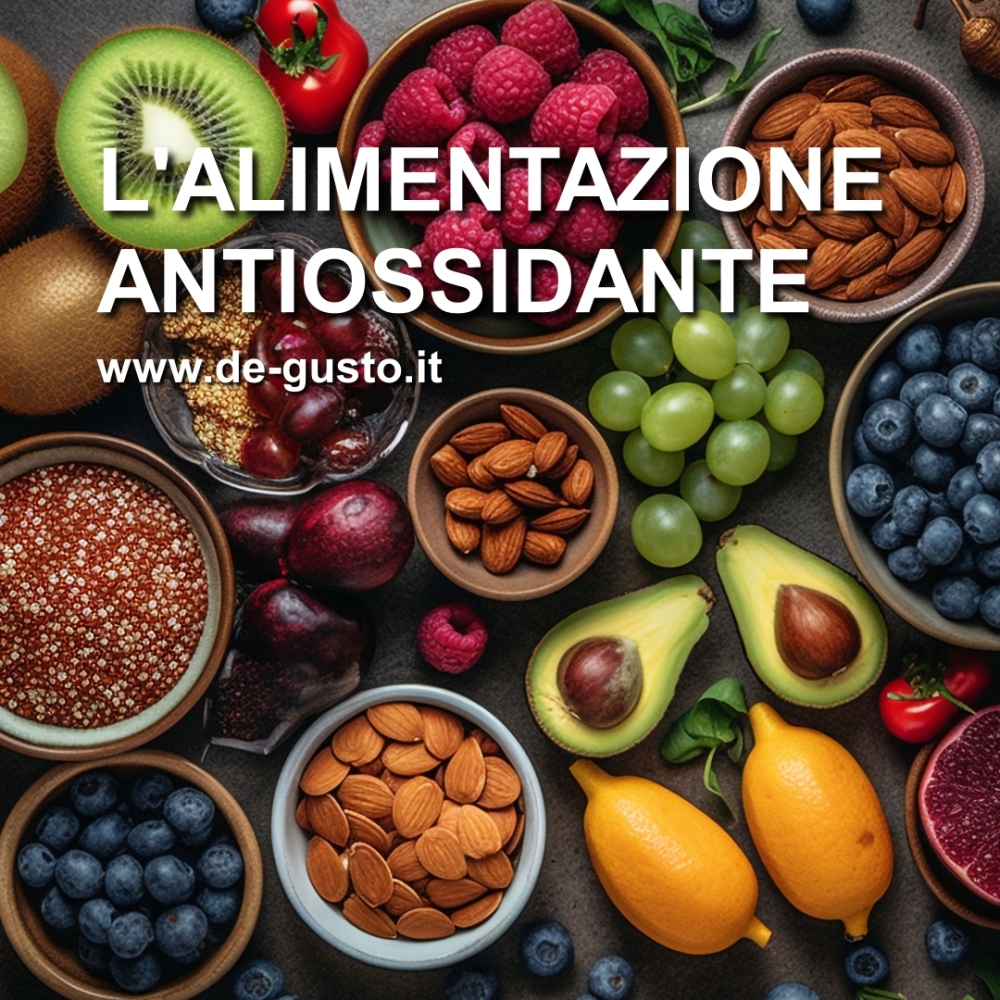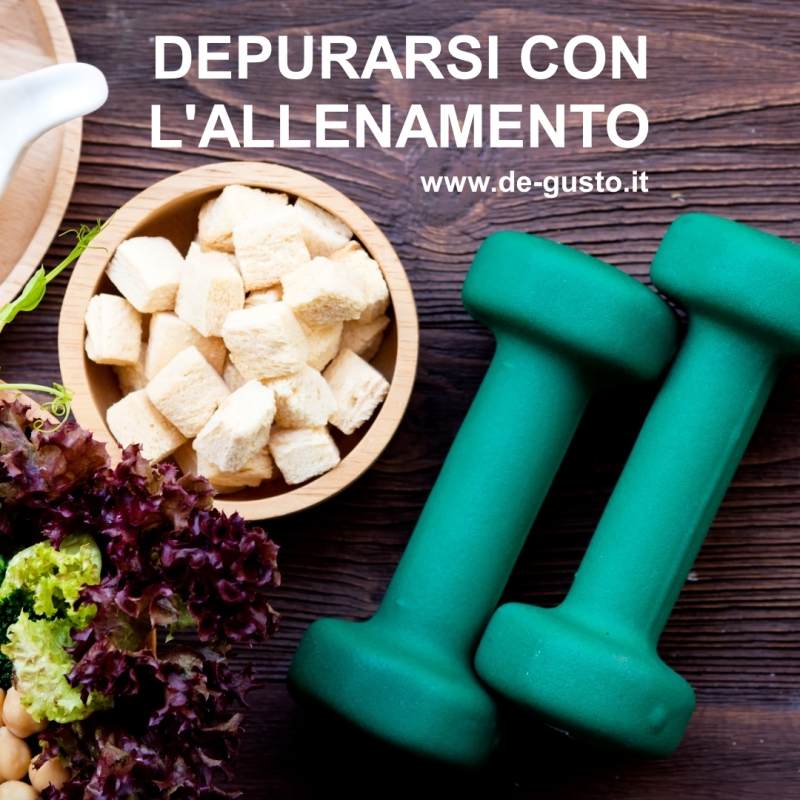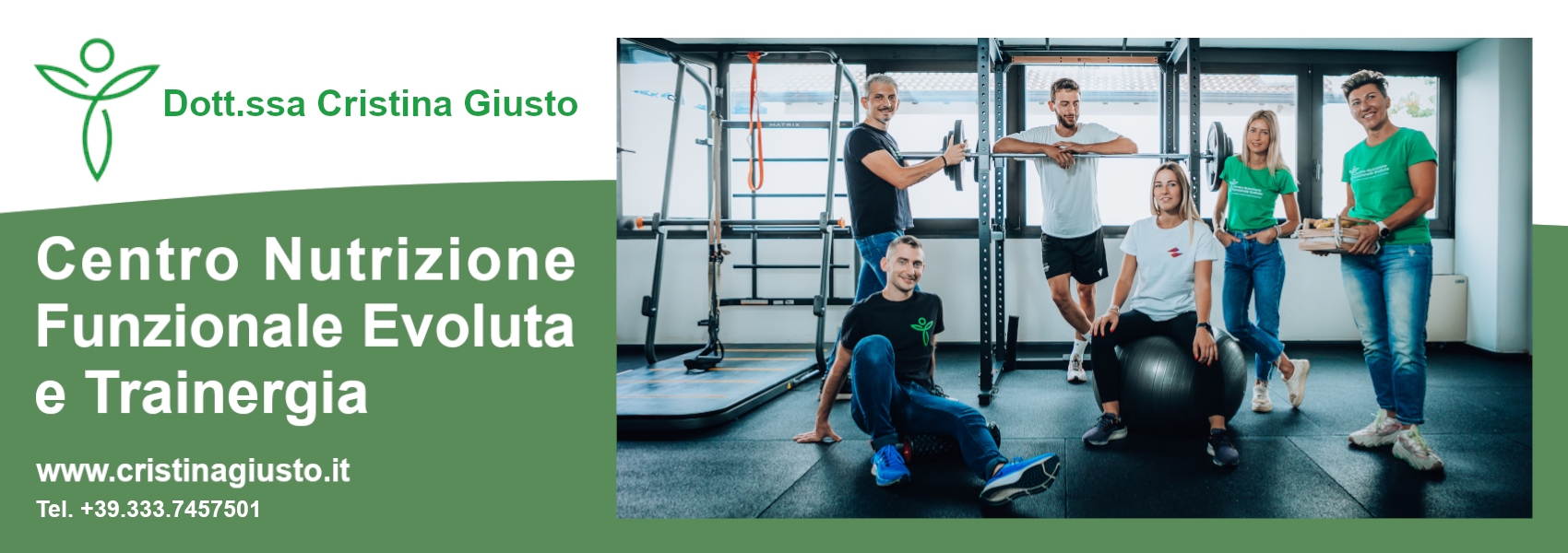Numerous metabolic reactions take place in the human body during which free radicals are formed, unstable molecules that contain one or more stray electrons and are responsible for oxidative stress. In addition to endogenous factors, there are also exogenous factors, mainly environmental, such as stress, smoking, alcohol and exposure to ultraviolet radiation that can produce free radicals. These can accelerate cellular ageing processes, activate inflammatory processes, have carcinogenic effects, promote atherosclerosis and the decay of the immune system.
To counteract their action and prevent cellular oxidation, there are substances called antioxidants that are valuable allies for our health. Antioxidants can be synthesised by the body: a classic example is glutathione (considered to be the most effective antioxidant) or introduced through food.
He antioxidants introduced through diet are vitamin A, vitamin C and vitamin E, and minerals such as copper, zinc and selenium, and other nutrients such as carotenoids and polyphenols. Our diet, based mainly on the Mediterranean diet and the consumption of fruit and vegetables, is particularly rich in antioxidants.
Vitamin A, or retinol, is a fat-soluble vitamin. Foods of animal origin contain retinol, while those of plant origin contain carotenoids. Of the carotenoids, the best known is beta-carotene. They play a very important role in protecting the eyesight from the sun's rays. Among foods, liver is very rich in vitamin A, but milk, eggs and cheese also contain a fair amount. Vegetable foods with a yellow-orange to red colour such as pumpkin, carrots, peppers, watermelon, pomegranate and tomatoes are rich in carotenoids. Vitamin C, or ascorbic acid, is considered the most powerful antioxidant in nature. It is a water-soluble vitamin and must necessarily be taken from the diet.It plays an active role in the immune system, protects cells from oxidative stress, participates as an essential co-factor in the synthesis of proteins and hormones and plays a role in energy metabolism. The fruits richest in vitamin C are grapes, currants, kiwi, strawberries, citrus fruits and pomegranate, while in vegetables it is found in peppers, broccoli and cauliflower. Vitamin E is a fat-soluble vitamin and its action is enhanced by selenium. It has a powerful antioxidant action because it protects the body's cells from ageing and helps keep the blood fluid, improving blood circulation and preventing the risk of cardiovascular disease. The main food sources are vegetable oils (such as wheat germ oil, almond oil or sunflower oil) and nuts (such as almonds and hazelnuts), but also avocado, a fruit increasingly used in our diet, is rich in vitamin E and vitamin C. It is also present in spinach, asparagus and whole grains. In addition to vitamins, there are also other nutrients such as polyphenols that are allies for the body's wellbeing; the best known are flavonoids, which mainly have an anti-inflammatory effect.
Here are some foods in our diet with antioxidant properties.
- Tomato: The typical red colour of the tomato is given by lycopene, which, with its antioxidant action, protects against cardiovascular diseases, protects the skin and seems to play a role in the prevention of cancers of the digestive tract and prostate. Lycopene is taken up most when the tomato is concentrated and cooked. It is good to remember that the tomato is a warm-weather food, its seasonality being from June to September.
- Resveratrol, is among the best known polyphenols, found mainly in red wine and grapes, it acts in lowering the level of arachidonic acid which then leads to inflammation.
- Coffee: it is certainly the most popular drink in the world, has a strong antioxidant power due to the presence of chlorogenic acids and seems to have a protective role for Parkinson's disease and type 2 diabetes.
- Green tea: is a concentrate of antioxidants because it contains polyphenols, bioflavonoids, and tannins, helps reduce the absorption of sugars, facilitates digestion
- Cacao: excellent food for its catechin content; polyphenols with vasodilating action, which reduce blood pressure and regulate cholesterol. A piece of chocolate, preferably extra dark, is recommended to protect the heart and improve mood.
- Cereals: our diet cannot be without cereals; it is best to consume them whole grain because they are sources of important micronutrients such as iron, selenium, zinc and magnesium.
- Fish, an essential food to alternate with meat, rich in omega-3 essential fatty acids such as EPA (eicosapentaenoic acid) and DHA (docosahexaenoic acid) with anti-inflammatory and antioxidant properties, they play a role in protecting the heart. Mackerel, salmon, herring and swordfish are particularly rich in them.
- Olive oil, preferably extra virgin, is a strong antioxidant because it is rich in alpha-tocopherols, better known as vitamin E. We recommend adding it mostly raw and spooning it in.
- Oilseeds, excellent as a mid-morning and mid-afternoon snack, as well as providing a good supply of fibre and important minerals such as selenium, iron, magnesium and phosphorus, are rich in omega-3, and have benefits for heart health and brain function. Consumption of about 30 g per day is recommended.
- Spices: used to add flavour and taste to food, they have antioxidant properties. For example, curcumin, the active ingredient in the turmeric plant, typically used in Asian countries, is a powerful anti-inflammatory because it inhibits the reactions that trigger inflammation. It also appears to have an action in the prevention of cardiovascular and neurodegenerative diseases.
One factor that should not be underestimated is the cooking of food:
if possible, it is best to eat it raw or freshly blanched to preserve as much of its antioxidant power as possible. It is advisable to follow the rules for a healthy and correct diet: prefer fresh foods such as seasonal fruit and vegetables (remember the 5 portions a day rule), eat wholegrain cereals, eat fish rich in omega 3 at least three times a week, and as seasonings choose a good olive oil, preferably extra virgin, to be used mainly raw, or spices to add flavour to food.
Sometimes, however, following a correct diet may not be enough, either because of the quality of the vegetables (especially if they are not in season and are not km0) or because of an increased need for antioxidants due to our status (e.g. use of drugs, high stress, pathologies, environmental pollution). In these cases, it is a good idea to rely on supplementation with products based on bioavailable substances and precursors that help our organism synthesise the necessary substances autonomously when possible.
(Article by Dr Giusto Cristina)





